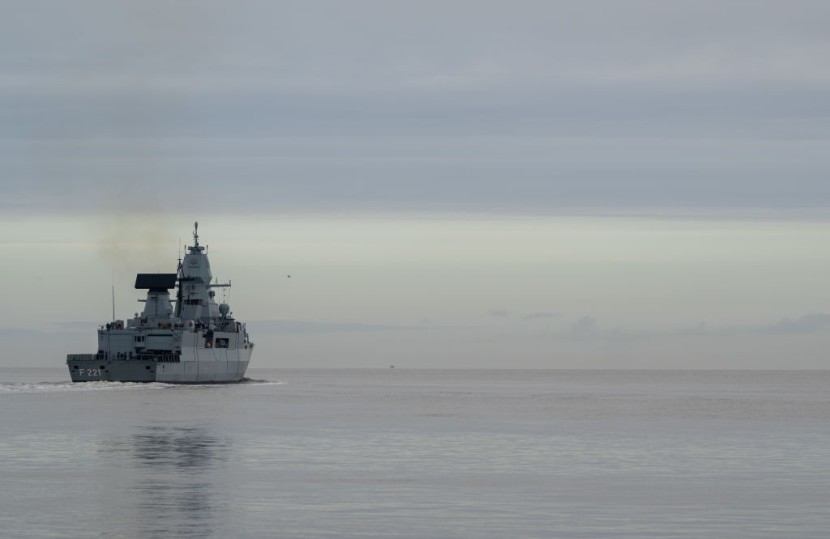In a significant escalation of tensions in the Red Sea region, the United States military has conducted the first-ever strikes on a Houthi unmanned underwater vessel (UUV).
The strikes were part of five self-defense operations carried out by the US Central Command (CENTCOM) in Houthi-controlled areas of Yemen on Saturday, as confirmed by CENTCOM on Sunday.
Houthi's First-Observed Use of Unmanned Underwater Vessel

The series of strikes, occurring between 3 p.m. and 8 p.m. local time on Saturday, targeted various threats posed by the Houthi rebels, including three mobile anti-ship cruise missiles and an unmanned surface vessel.
CENTCOM asserted that these actions were necessary to counter imminent threats posed to US Navy ships and merchant vessels navigating through the region.
"This is the first observed Houthi use of an unmanned underwater vessel since attacks in the Red Sea region started in October," stated CENTCOM.
The move marks a strategic shift for the Houthis, who have been increasingly aggressive in targeting international shipping passing through the Red Sea, citing opposition to the Israel-Hamas conflict as justification.
Mick Mulroy, a former Pentagon official and C.I.A. officer, highlighted the potential difficulties in countering such unmanned vessels, suggesting they could overwhelm a ship's defenses if deployed alongside other weapons systems.
"Unmanned surface and subsurface vessels are likely more difficult to detect and destroy than aerial drones and anti-ship missiles," Mulroy said. "If all of these weapons systems were used against one target, it could overwhelm the ship's defenses."
Disruptions in the Red Sea Trade Route Prompts Economic Concerns
The Houthis' targeting of ships passing through the Red Sea has led to disruptions in one of the world's most crucial maritime trade routes, prompting concerns about potential impacts on global commerce.
Major shipping and oil companies have suspended transit through the area due to safety concerns, exacerbating fears of economic repercussions.
Vice Adm. Brad Cooper, deputy commander of US Central Command, emphasized the significance of keeping vital waterways open, stating in an interview with CBS' '60 Minutes' that "15% of global trade flows exactly through the Red Sea."
He underscored the United States' commitment to maintaining the free flow of commerce in strategic maritime routes.
The US and its allies have been actively responding to Houthi attacks in the region. In December, the Biden administration established a multinational maritime security force in response to missile and drone attacks on ships.
Additionally, the US and the United Kingdom have conducted retaliatory strikes on Houthi targets in Yemen to deter further aggression.
As tensions continue to simmer in the Red Sea region, the international community remains on edge, wary of the potential for further escalation and its implications for global trade and security.
The US military's response underscores the seriousness of the situation and the importance of safeguarding maritime interests in the face of evolving threats.
© 2026 HNGN, All rights reserved. Do not reproduce without permission.








